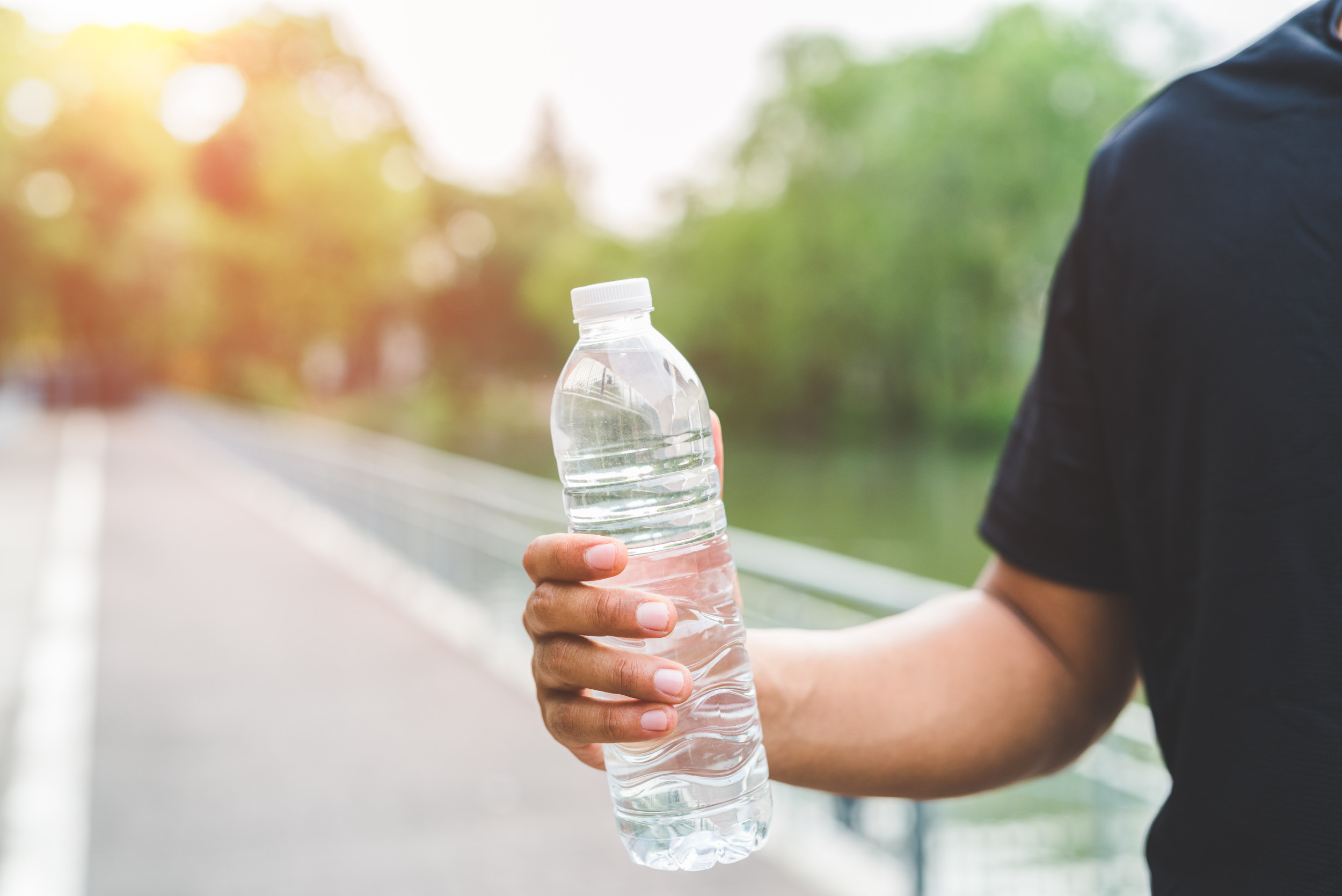
As debates reignite over the safety of fluoride in drinking water, U.S. Health Secretary Robert F. Kennedy Jr. is leading a push to revise national health guidance—one that could reshape how millions of Americans consume water.
But despite attention on public water systems, bottled water is also regulated for fluoride content, though often overlooked in public discourse.
Why It Matters
The debate surrounding water fluoridation isn’t just about municipal tap supplies. A significant portion of the U.S. population consumes bottled water daily, yet few consumers are aware of whether their preferred brand contains fluoride. Kennedy, who has called fluoride a “dangerous neurotoxin,” urges federal agencies to reconsider long-standing recommendations, sparking public health discussions and policy reviews across the country.
What To Know
Kennedy announced plans this week to instruct the Centers for Disease Control and Prevention (CDC) to halt its recommendation that communities fluoridate their water. Speaking at a news conference in Salt Lake City alongside Environmental Protection Agency (EPA) Administrator Lee Zeldin, Kennedy said, “I’m very, very proud of this state for being the first state to ban it, and I hope many more will,” referring to Utah’s recent legislation banning fluoride in public drinking water systems statewide.
EyeEm Mobile GmbH/Getty
Though Kennedy lacks the authority to ban fluoridation directly, his leadership at the Department of Health and Human Services enables him to influence CDC guidelines and coordinate with the EPA, which sets legal fluoride limits in public water systems. The EPA currently caps fluoride at 4 milligrams per liter, while the CDC recommends a level of 0.7 milligrams per liter.
But fluoride in bottled water is governed separately. In 2022, the U.S. Food and Drug Administration finalized a rule limiting added fluoride in bottled water to the same 0.7 mg/L level recommended by public health authorities for tap water. The rule applies only to water where fluoride is added by the manufacturer—not to naturally occurring levels—and mandates that added fluoride be disclosed on the label.
This means consumers looking to avoid fluoride can check labeling to determine whether it has been added.
Fluoride Action Network Executive Director Stuart Cooper told Newsweek that even if bottled water companies don’t add fluoride to their water product, it could still contain fluoride if the company sourced the water from fluoridated drinking water. If not added directly by the company, fluoride isn’t listed on the ingredient label. Cooper said soda and beer products that draw water from public supplies might also contain fluoride.
According to Truth About Fluoride, popular bottled water brands like Aquafina, Dasani, Evian and Smartwater are known to contain no detectable fluoride. These brands typically use processes like reverse osmosis or distillation to purify their water, effectively removing fluoride.
What People Are Saying
Steven Levy, of the University of Iowa’s College of Dentistry and Dental Clinics, told Newsweek: “Very few bottled waters are fluoridated. Most are low in [fluoride]. They do not list the [fluoride] content unless it is high or they intentionally add [fluoride]. So probably it will have little effect with bottled water.”
Abinash Achrekar, vice chair of medicine at the University of New Mexico and also served as deputy secretary of the New Mexico Department of Health, previously told Newsweek: “There is no question that fluoride improves dental health. The question is too high of a fluoride level. Can that cause other medical or behavioral compromises? Are there any proven risks with the levels typically found in public supplies currently? No, there’s not.”
Fluoride Action Network previously told Newsweek: “Water fluoridation is obsolete. [The] U.S. is an extreme outlier when it comes to the use of fluoridation chemicals. More people drink artificially fluoridated water in the U.S. than the rest of the world combined.”
What Happens Next
The EPA has pledged to reexamine recent studies on fluoride exposure, with Zeldin saying the issue is at the “top of the list” for the agency, reported Axios Salt Lake City.
“Without prejudging any outcomes, when this evaluation is completed, we will have an updated foundational scientific evaluation that will inform the agency’s future steps to meet statutory obligations under the Safe Drinking Water Act,” Zeldin said in an EPA news release.
